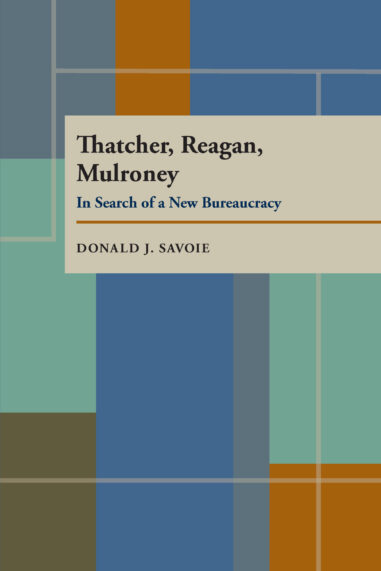

Paperback $60.00
Request Exam or Desk Copy. Request Review Copy
Thatcher, Reagan, and Mulroney
In Search of a New Bureaucracy
The stated purpose of this book is to examine how three world-class critics of big government, Margaret Thatcher of Great Britain, Ronald Reagan of the United States, and Brian Mulroney of Canada, 'sought to modernize their bureaucracies.' Although they all failed to achieve their announced goals, Thatcher's reforms were more extensive and more lasting than those of her North American soul mates. . . . This carefully researched book makes a solid contribution to the literature in comparative public administration.

